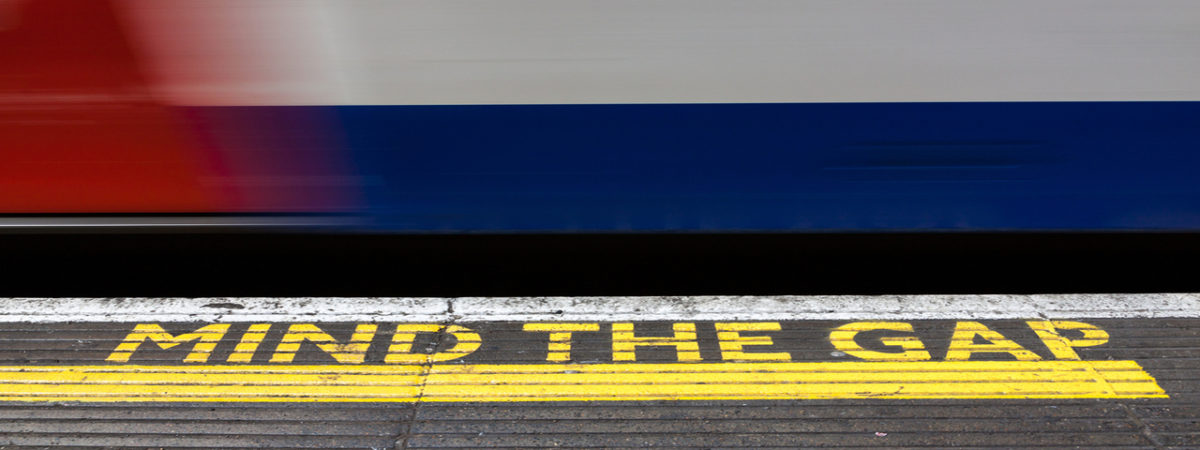Let them eat debt
SUGGESTED



This insight has profound implications for governments’ reactions to the financial crisis. Until recently nationalisation and subsidies have been deeply out of fashion. The bailing out of unprofitable, inefficient industries using taxpayers’ money was seen as a deeply suspect activity.
With the current financial crisis, however, governments have been willing to risk a seemingly infinite amount of money propping up the banking sector. They are pursuing this activity with no apparent limit on spending, no metric to assess the success of the policy, no consideration of the residual risk and no public scrutiny of the cost and risk of alternatives. Why is this?
There is one main reason: some of the functions that banks perform are vital to the economy. Governments fear that if they failed there would be economy-wide systemic collapse.
However, the problem with this argument is that in spending huge amounts of taxpayers’ money, the government has only partially avoided systemic failure – it is true there have not been widespread runs on deposits, but only because of the perception that governments are effectively guaranteeing these deposits.
On the other hand, even with massive intervention, banks have ceased lending to each other and to the ‘real’ economy. However, by bailing the banks out, governments have introduced other risks; for example, moral hazards. Banks are now less likely to reform because they expect to be bailed out if things go wrong.
I argued in a previous posting (as did Willem Buiter) that the UK faces a potential solvency crisis due to the government’s implicit backing for failing banks. At best, taxpayers face years of higher taxes to pay off the huge government debts that are accruing.
With hindsight, we can see that many large banks have failed business models. They did not understand risk, they have a hugely overpaid and inefficient workforce, and they have internal systemic decision-making failures.
Even with massive government support, they are probably no longer capable of performing their basic functions. Beinhocker’s insight is that, as large institutions, most of them will be unable to adapt to the new environment, especially with heavy state involvement skewing their priorities and with the moral hazard introduced by government bailout.
What is the alternative? Perhaps they should be allowed to fail. If the government believes that some of the functions of banks are vital to the survival of the economy, it should take on these functions directly – for example by guaranteeing savers’ deposits – until private sector organisations emerge that can take over these functions again.
And emerge they will. This is the magic of capitalism. There will still be a demand for credit and other financial services, and the skills and infrastructure exist to service this demand. A new industry will emerge from the ashes of the old one. This industry will be adapted to survive in the new environment, in a way that the old dinosaur banks are patently not.
6 thoughts on “Let them eat debt”
Comments are closed.





I would tend to agree, but what incentives and scope would there be for new banks to emerge amidst all this government regulation?
I would tend to agree, but what incentives and scope would there be for new banks to emerge amidst all this government regulation?
Exactly.
The banking system as such is vital – but individual banks are not. Click link above for answer to all this and Peter King’s specific question.
Exactly.
The banking system as such is vital – but individual banks are not. Click link above for answer to all this and Peter King’s specific question.
I echo Peter King’s comments. You can see the problem with this today where Irish banks are receiving sterling deposits at the expense of non Government guaranteed institutions. The same could be said for industry where failing industries are supported by governments much to the consternation of the likes of Toyota in the case of the US auto bailout. What kind of free market savings alternative would emerge when faced with government guaranteed insitutions as competitors?
‘Capitalism without failure is like religion without sin – it just doesn’t work’ – A Meltzer
I echo Peter King’s comments. You can see the problem with this today where Irish banks are receiving sterling deposits at the expense of non Government guaranteed institutions. The same could be said for industry where failing industries are supported by governments much to the consternation of the likes of Toyota in the case of the US auto bailout. What kind of free market savings alternative would emerge when faced with government guaranteed insitutions as competitors?
‘Capitalism without failure is like religion without sin – it just doesn’t work’ – A Meltzer